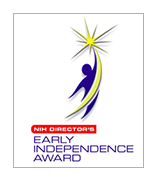2014 Awardees
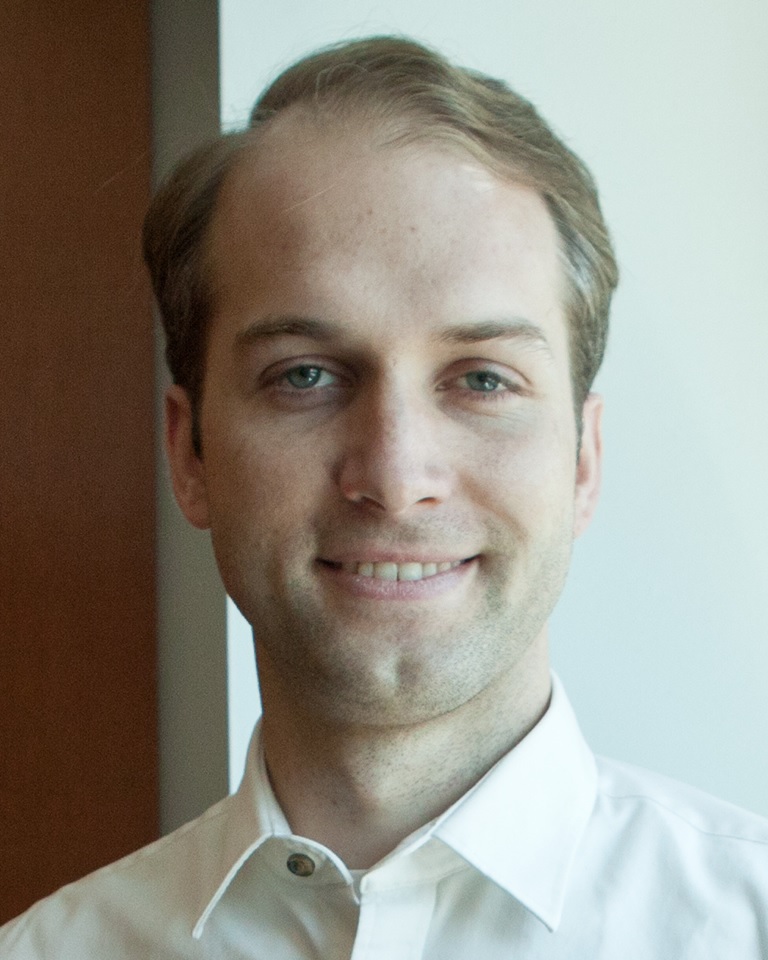
Kyle R. Allison, Ph.D.
Columbia University
Project Title: Isolation and Systems-Level Characterization of Persistent Bacteria
Grant ID: DP5-OD019792
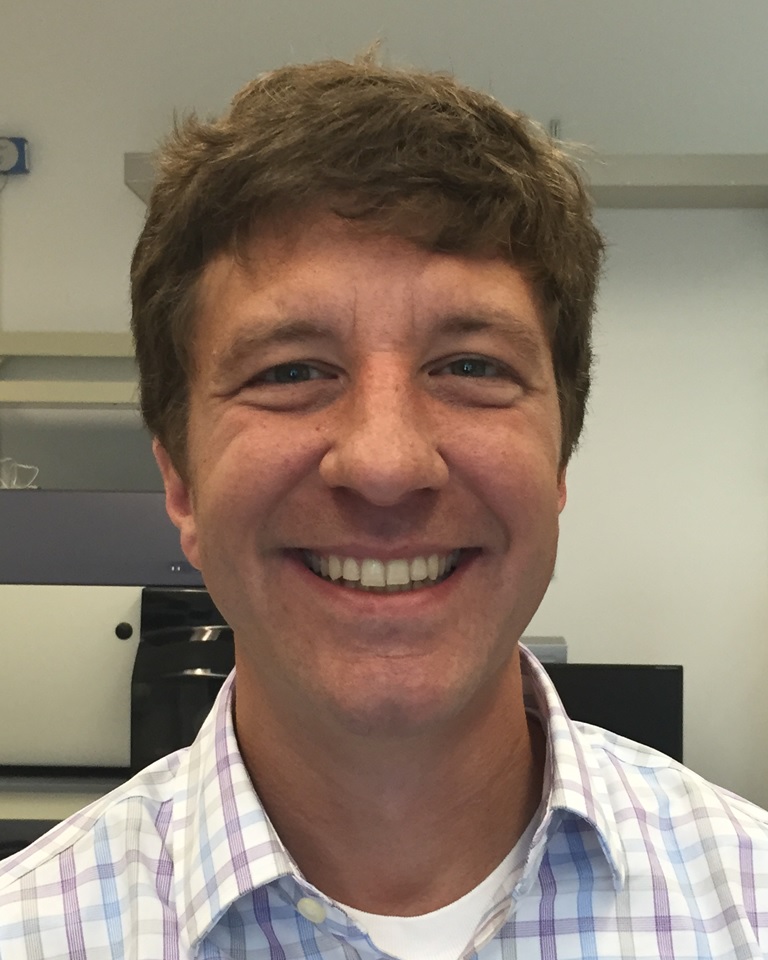
Michael Angelo, M.D., Ph.D.
Stanford University
Project Title: Predictive Signatures in Breast Cancer Using Multiplexed Ion Beam Imaging
Grant ID: DP5-OD021412
Funded by the National Institute of Environmental Health Sciences
Dr. Angelo received his M.D. Ph.D. at Duke University in 2010, prior to entering residency training in clinical pathology at the University of California in San Francisco. During a research fellowship at Stanford in 2012, Dr. Angelo developed multiplexed ion beam imaging (MIBI), a novel approach to immunohistochemistry (IHC) that uses secondary ion mass spectrometry (SIMS) and antibodies labeled with elemental mass tags to visualize dozens of proteins simultaneously in a single tissue section. Dr. Angelo is currently an instructor in the Department of Pathology at Stanford University. His lab is working to both optimize a purpose built mass spectrometer for MIBI analysis and to apply these new tools to predict disease progression in pre-invasive cancer lesions, enumerate immune cell populations in normal and neoplastic solid tissues, and discover epigenetic drivers of epithelial to mesenchymal transition.
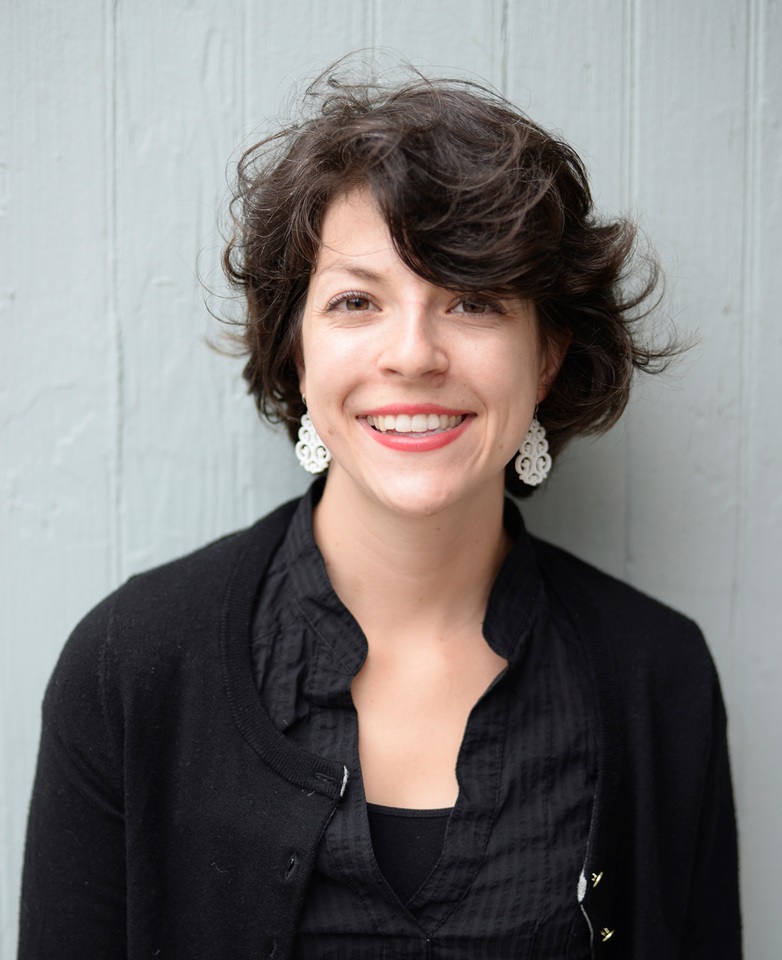
Elika Bergelson, Ph.D.
University of Rochester
Project Title: Mechanisms of Word Learning in Infancy
Grant ID: DP5-OD019812
Dr. Elika Bergelson received her B.A. in Language and Mind at NYU in 2007, followed by a yearlong Baggett Research Fellowship at the University of Maryland. She then received her Ph.D. in psychology at the University of Pennsylvania in 2013, followed by a one year postdoc at the University of Rochester. In her research on infant word learning, Dr. Bergelson has uncovered that infants begin to understand words many months earlier than was previously thought, which in turn highlights the need for a reassessment of current theories of early language acquisition and cognitive development, and a deeper understanding of the environment’s influences on early linguistics skills; this is what Dr. Bergelson is presently exploring, through her EIA-funded research. She is currently an Assistant Research Professor at the University of Rochester’s Brain and Cognitive Sciences department, and will begin as an Assistant Professor in Duke’s Psychology and Neuroscience department in the fall of 2016.

David C. Chan, M.D., Ph.D.
Palo Alto Institute
Project Title: The Benefit and Burden of Electronic Reminders for Optimizing Patient Care
Grant ID: DP5-OD019903

G. Sean Escola, M.D., Ph.D.
Columbia University
Project Title: The Internal States of Neural Circuits: Data Analysis, Modeling, and Disease
Grant ID: DP5-OD019897
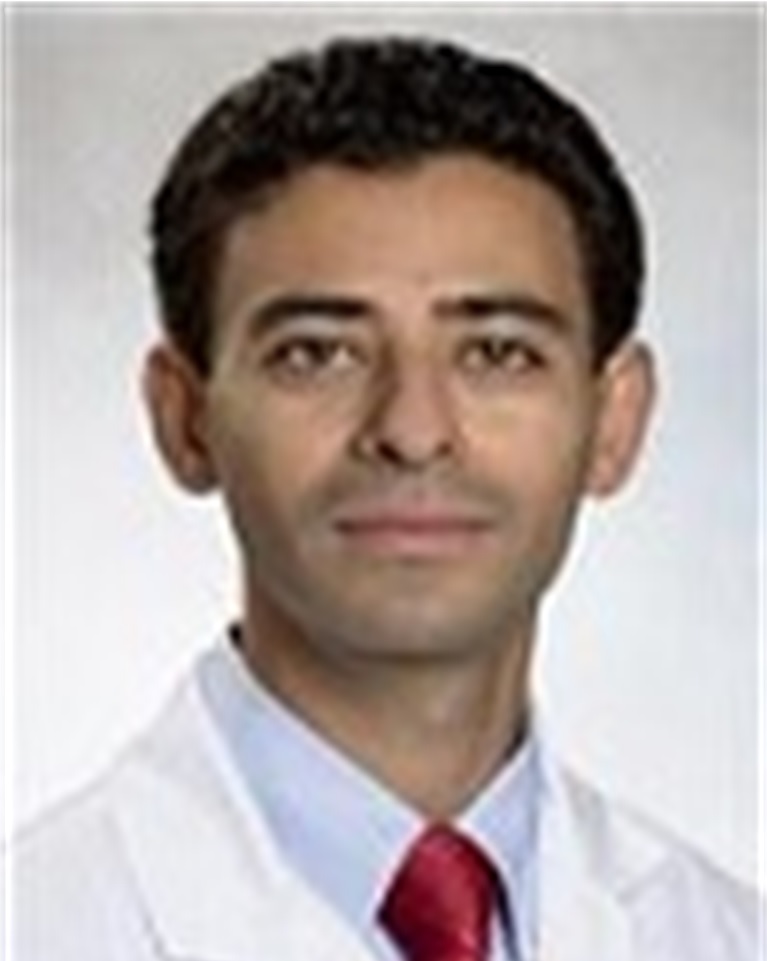
John Hanna, M.D., Ph.D.
Brigham and Women's Hospital
Project Title: New Ubiquitin-Proteasome System Components that Protect Against Proteotoxicity
Grant ID: DP5-OD019800
John Hanna is a pathologist and cell biologist at the Brigham and Women’s Hospital and Harvard Medical School. He received a B.S. in Biological Sciences from Stanford, and M.D. and Ph.D. degrees from Harvard Medical School. He then completed clinical training in Pathology at the Brigham and Women’s Hospital. John’s lab studies intracellular protein degradation, with an emphasis on the ubiquitin-proteasome system.

Alison Hill, Ph.D.
Harvard University
Project Title: Quantification and Prediction of Treatment Efficacy for HIV Cure Strategies
Grant ID: DP5-OD019851
Alison Hill is currently a Research Associate in the department of Organismic & Evolutionary Biology at Harvard University, and a member of the Program for Evolutionary Dynamics. She develops mathematical and computational models to help predict and interpret the outcomes of treatments for HIV/AIDS, focusing on preventing the evolution of resistance to antiretroviral therapy and on understanding the effects of new anti-latency drugs. Alison began working on HIV dynamics under the supervision of Martin Nowak and Bob Siliciano, while obtaining her Ph.D. in the Harvard Biophysics Program and the Harvard-MIT Division of Health Sciences and Technology. Before that, she received a B.S. in Physics from Queen's University. Her previous research has used math to understand how both infections spread through complex social networks, how the body regulates iron stores, and how primitive multicellular organisms manage division of labor.
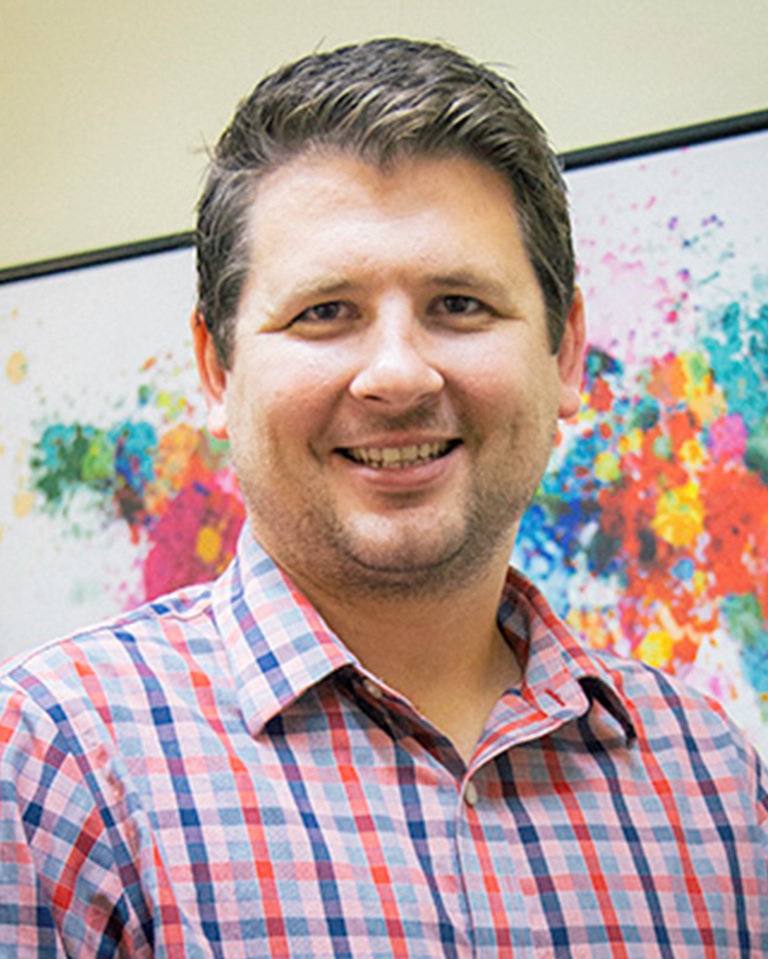
Perry Hystad, Ph.D.
Oregon State University
Project Title: PURE-AIR: A Global Assessment of Air Pollution and Cardiopulmonary Disease
Grant ID: DP5-OD019850
Perry Hystad is an Assistant Professor within the College of Public Health and Human Sciences at Oregon State University. In 2013 he completed his Ph.D. in Epidemiology at the University of British Columbia. Broadly, his research focuses on understanding health determinants related to place (i.e. where we live, work and play). A large portion of his research examines the chronic health effects associated with exposure to air pollution, using spatial exposure assessment methods to model air pollution exposure in large health studies. Given the spatially correlated nature of environmental and social health determinants, he integrates his research within a multidisciplinary framework to capture the complexity of how place influences health.
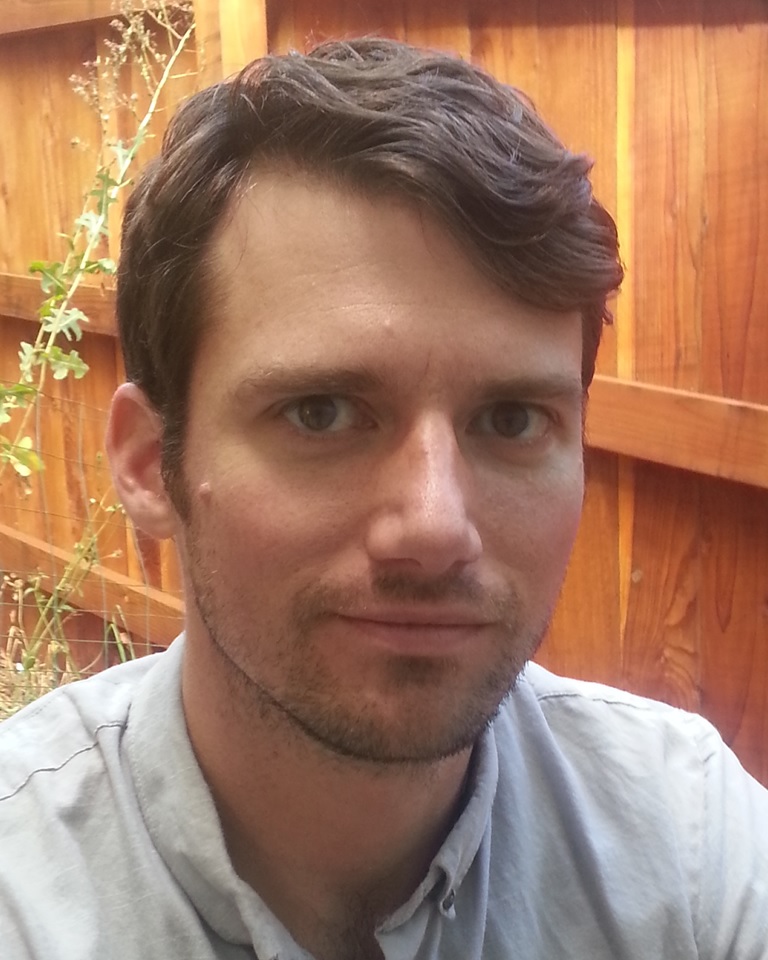
Robert Judson, Ph.D.
University of California San Francisco
Project Title: MicroRNA-Based Detection of Barriers to Melanoma Progression
Grant ID: DP5-OD019787
Robert Judson received his undergraduate degree in Molecular Biology and Biochemistry from Wesleyan University, and performed his undergraduate thesis research studying the secondary structure of the hepatitis delta RNA genome at Georgetown University with Dr. John Casey. As a post-baccalaureate fellow at the NICHD in Bethesda, MD, he examined the effect of nucleosome positioning on the integration sites of retrotransposons and HIV with Dr. Henry Levin. Robert received his Ph.D. from UCSF for his work with Dr. Robert Blelloch. During this time he discovered microRNAs that could reprogram cell state and developed methods for using these small RNAs to dissect networks of interacting genes that stabilize skin cells against re- acquiring embryonic programs. With the support of the DP5 Early Independence Award, Robert is now a Sandler Faculty Fellow in the Helen Diller Cancer Center at UCSF, applying these techniques for the discovery of novel methods for diagnosing and preventing melanoma initiation.
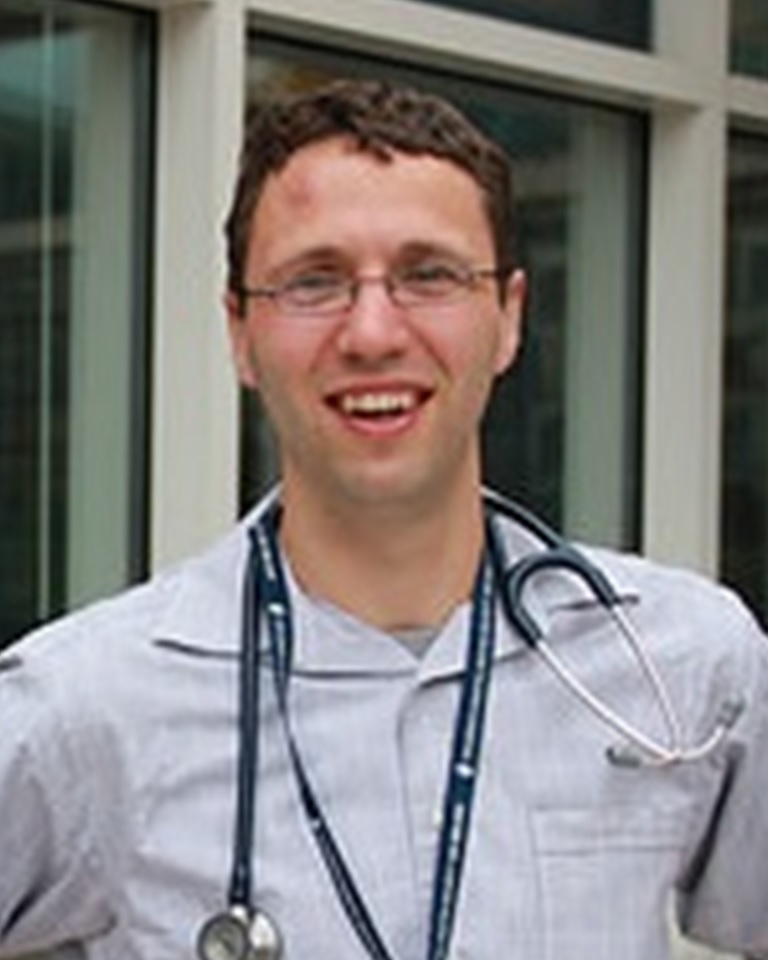
Duncan Maru, M.D., Ph.D.
Brigham and Women's Hospital
Project Title: Integrating Pediatric Care Delivery in Rural Healthcare Systems
Grant ID: DP5-OD019894
Duncan Maru, M.D., Ph.D., is an Associate Physician at Brigham and Women's Hospital in the Division of Global Health Equity and an Instructor in Medicine at Harvard Medical School. He is the Co-Founder, Chief Strategy Officer, and Board Member of Possible, a For-Impact organization delivering high-quality, low-cost healthcare to the world's poor. His research focus is on using implementation science methods to improve the delivery of evidence-based healthcare interventions in settings of extreme poverty. He also practices part-time on the Complex Care Service at Boston Children’s Hospital. Duncan graduated from Harvard College, received his MD/PhD from Yale University, and completed the Harvard Combined Internal Medicine-Pediatrics Program and the Brigham and Women’s Global Health Equity Residency Program. Duncan’s work as a doctor and epidemiologist has generated over 35 peer-reviewed articles. In 2013, he was named a ‘Young Star in Global Health’ by Grand Challenges Canada and a 2015 Social Entrepreneur of the Year by the Schwab Foundation.
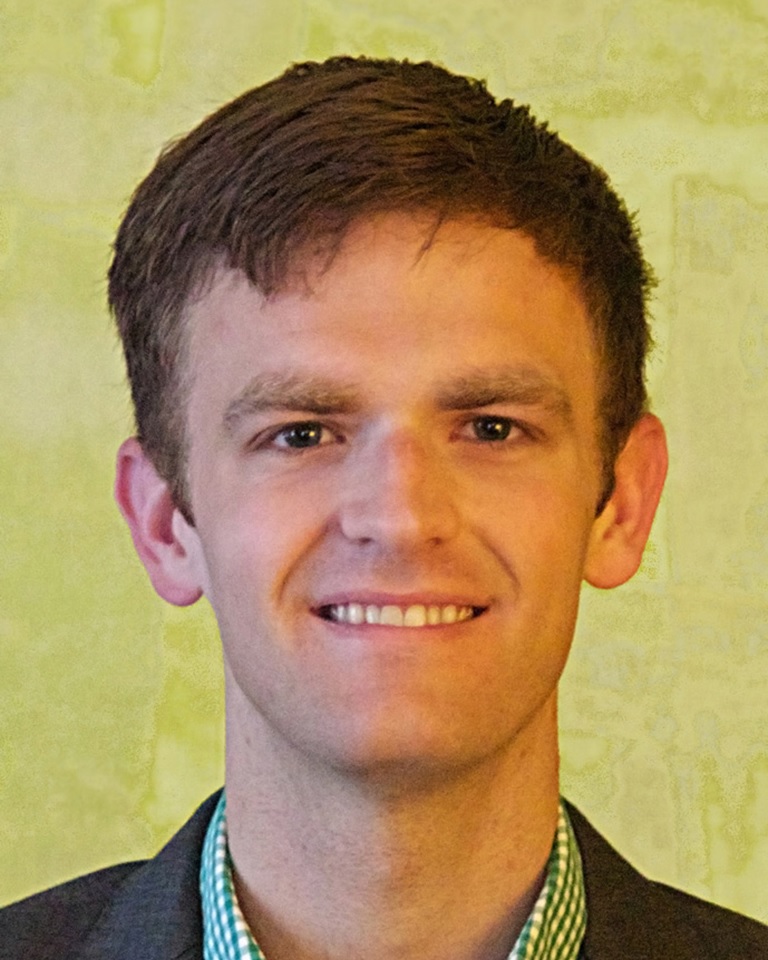
Aaron Meyer, Ph.D.
Massachusetts Institute of Technology
Project Title: Adapter-Layer RTK Signaling: Basic Understanding & Targeted Drug Resistance
Grant ID: DP5-OD019815
Aaron Meyer received his B.S. in Bioengineering from the University of California, Los Angeles and his Ph.D. in Biological Engineering from the Massachusetts Institute of Technology. At UCLA in the lab of Daniel Kamei, Aaron worked to develop more sensitive and lower cost diagnostics with micellar systems. As a graduate student, he studied the signaling regulation of tumor cell migration and metastasis within the labs of Douglas Lauffenburger and Frank Gertler. Aaron became a Research Fellow at the Koch Institute for Cancer Research at MIT in September 2014. There, his lab focuses on understanding cell signaling redundancy to identify better targeted cancer therapies, and developing multiplexed methods to measure dynamic protein interactions.

Eric Jorge Nelson, M.D., Ph.D.
Stanford University
Project Title: A Novel Approach to Improve Patient Care and Diarrheal Disease Research Using Mobile Technology
Grant ID: DP5-OD019893
Our mission is to ask how we might leverage mobile technology to improve the care and research of patients with diarrheal diseases which is the second leading cause of death of children between 1 month and 5 years of age. In partnership with the Bangladesh Ministry of Health and Family Welfare, we have built an Android-based platform that automates WHO treatment guidelines and provides real-time epidemiologic support. This platform will be validated at the level of rural hospitals and then shifted to the level of community pharmacists that serve as first responders when families are struck by diarrheal disease. This shift from hospital-based intervention to community-based intervention will improve access to high-quality care and make possible a new approach to study diseases like cholera at the early disease state. This is a critical step forward to identify actionable determinants that put families at risk of severe disease.

Yakeel T. Quiroz, Ph.D.
Massachusetts General Hospital
Project Title: Memory Network Dysfunction as an Early Marker of Preclinical Alzheimers Disease
Grant ID: DP5-OD019833
Dr. Quiroz is a neuropsychologist and researcher at Massachusetts General Hospital/Harvard Medical School. She completed her Ph.D. training in clinical psychology at Boston University and a postdoctoral fellowship at Massachusetts General Hospital. By applying her efforts to the world’s largest family with a single Alzheimer-causing mutation, her research has provided evidence of asymptomatic brain changes decades before they give rise to detectable Alzheimer’s. Her findings have helped the field to re-conceptualize Alzheimer as a sequence of changes that begins years before cognitive decline, and which may be targeted by promising disease-slowing treatments at a time in which they might have their most profound effect. With an NIH Director’s Early Independence Award, Dr. Quiroz recently launched her own lab where she seeks to identify and validate biomarkers for early detection of Alzheimer’s disease.
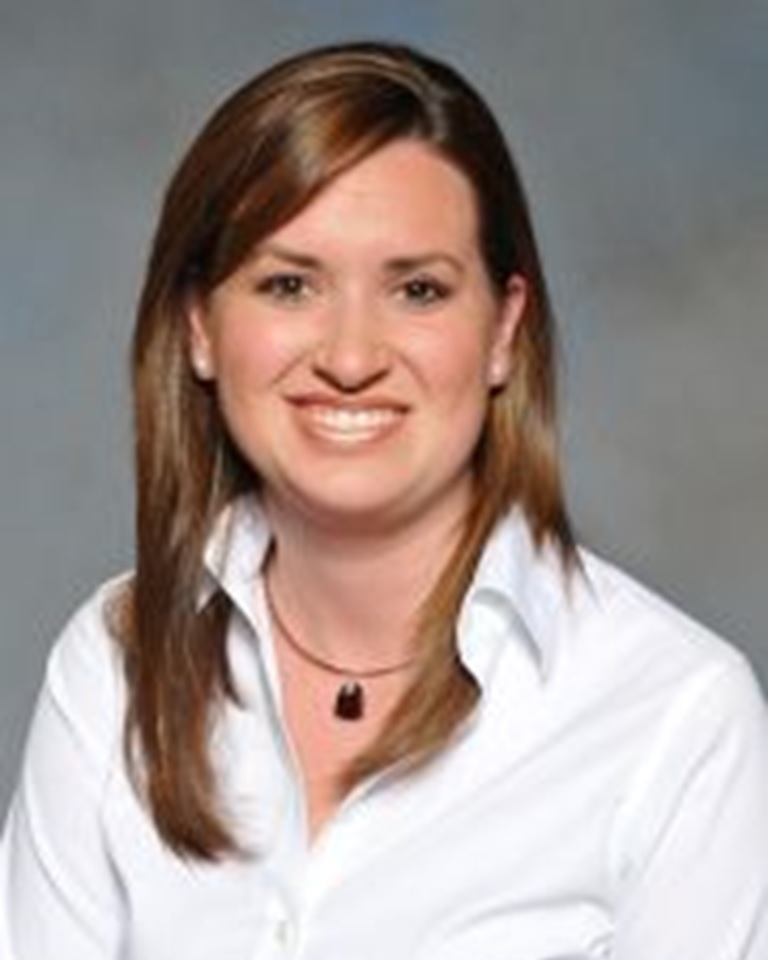
Amanda Randles, Ph.D.
University of California - Lawrence Livermore National Laboratory
Project Title: Toward Coupled Multiphysics Models of Hemodynamics on Leadership Systems
Grant ID: DP5-OD019876
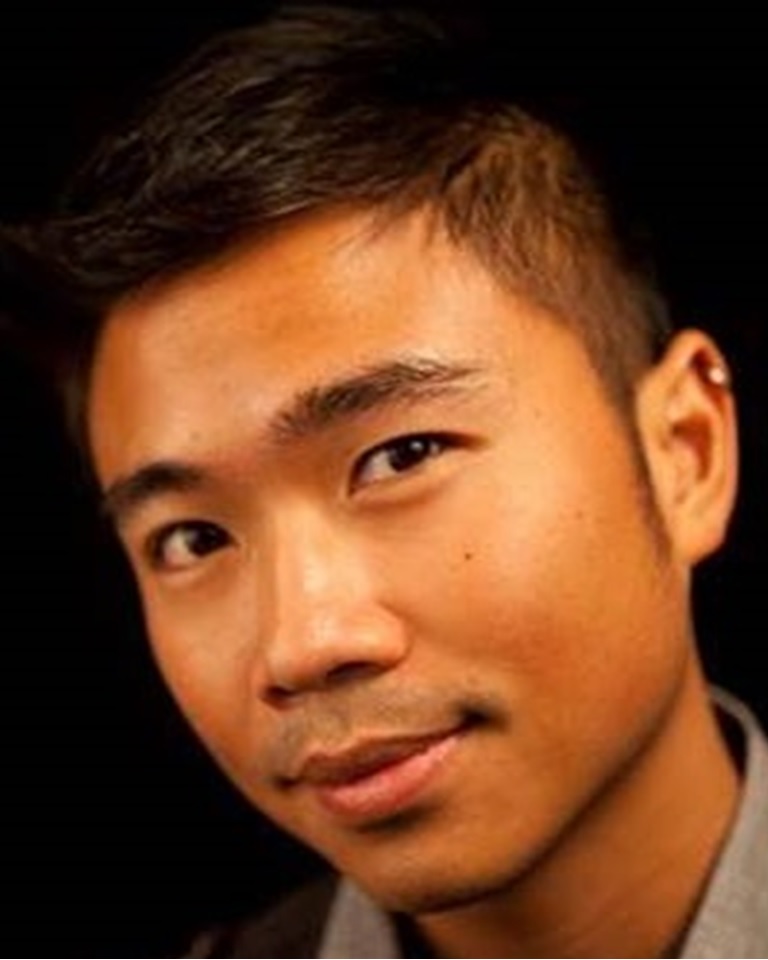
Glenn-Milo Santos, Ph.D., M.P.H.
Public Health Foundation Enterprises
Project Title: The Better THAN Study: Targeting Heavy Alcohol with Naltrexone Among MSM
Grant ID: DP5-OD019809
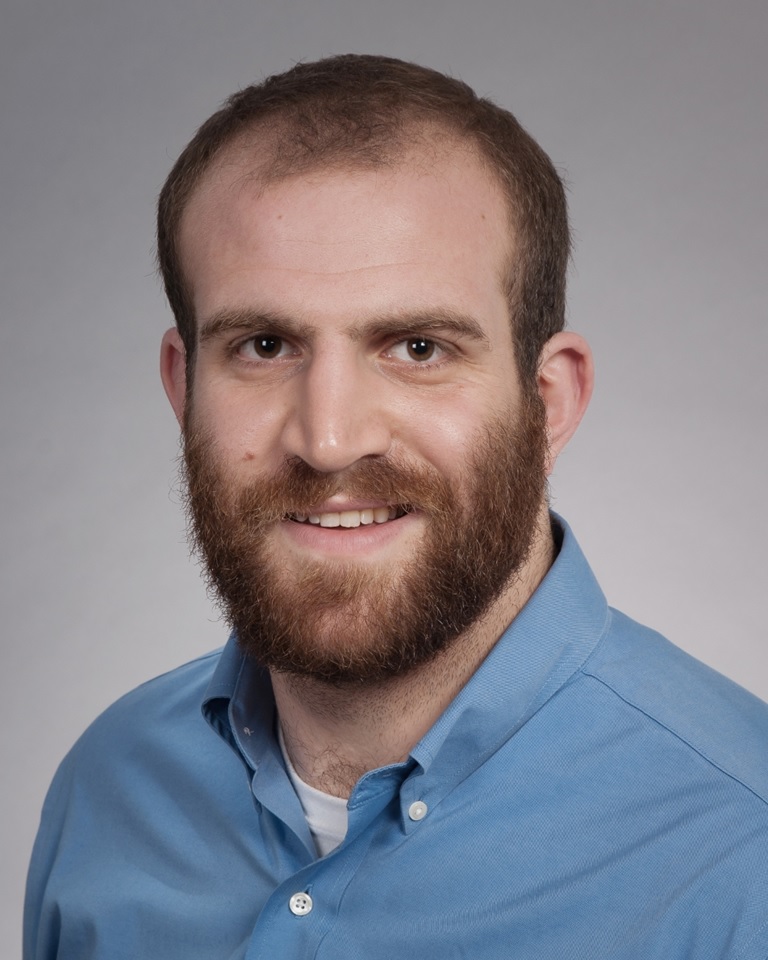
Noah Simon, Ph.D.
University of Washington
Project Title: Data-Driven Statistical Learning with Applications to Genomics
Grant ID: DP5-OD019820
Noah Simon is an assistant professor in the Department of Biostatistics at the University of Washington School of Public Health. He received his Ph.D. from the department of Statistics at Stanford University in 2013 under Dr. Robert Tibshirani. His work focuses developing statistical and computational tools for the analysis of complex, heterogeneous, high dimensional biological data. In particular he works towards personalized medicine: building tools which leverage clinical and biomolecular data to inform treatment decisions. His academic awards include a Weiland Fellowship (2011- 2013), and the Genentech Endowed Professorship in Biostatistics at the University of Washington (2014-2015).
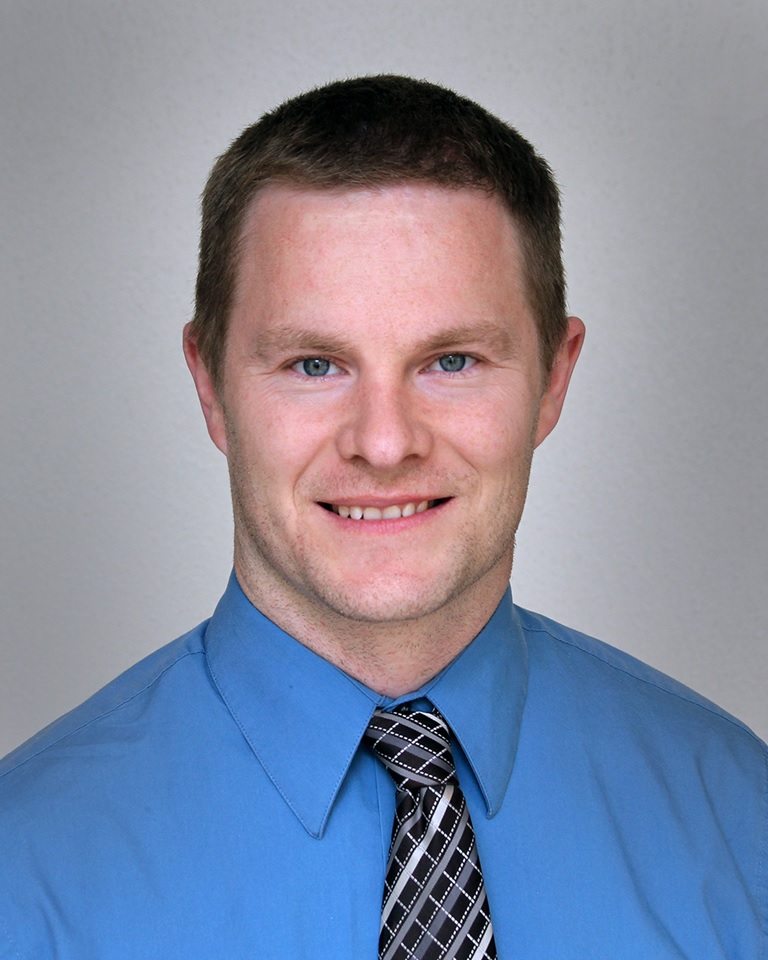
Sean Stowell, M.D., Ph.D.
Emory University
Project Title: Examination of Innate Immunity Against Molecular Mimicrys
Grant ID: DP5-OD019892


